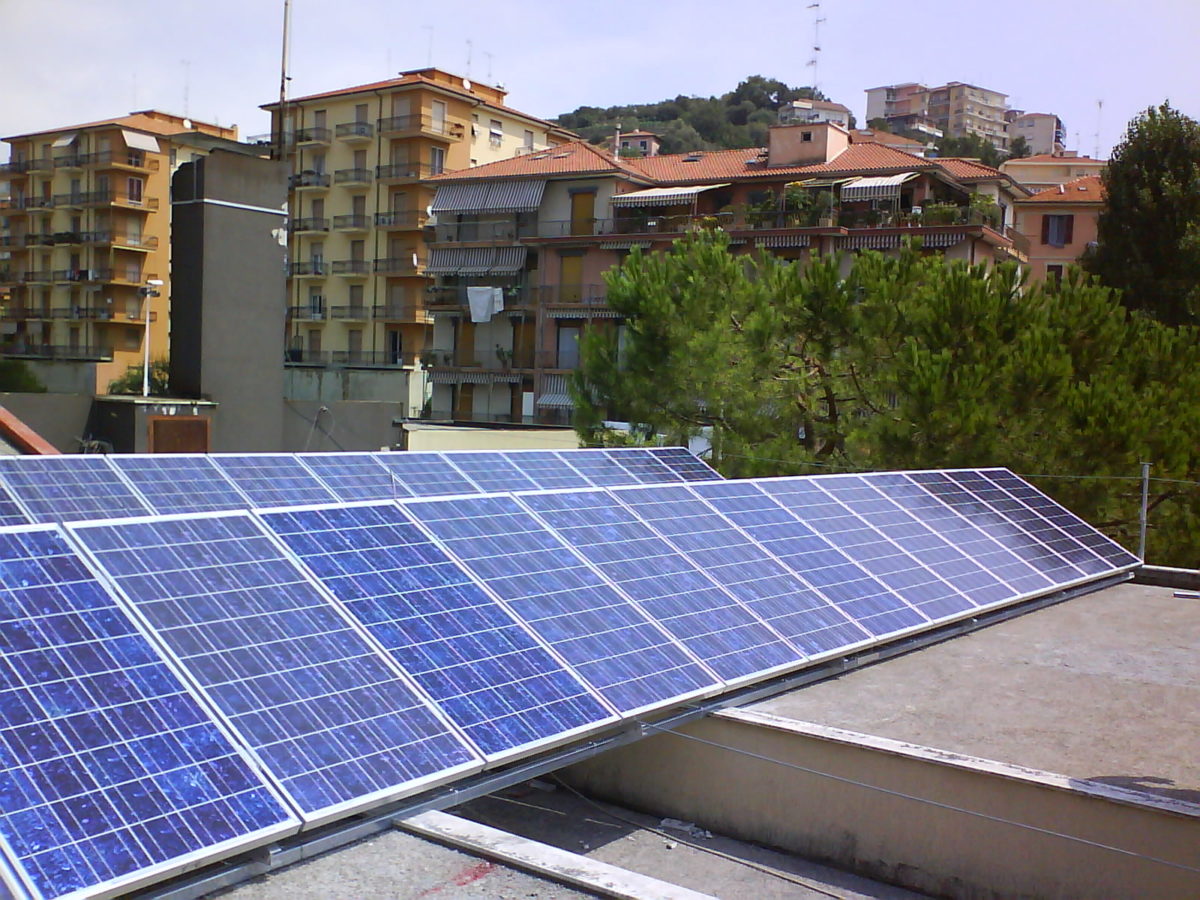In recent years, several European states have introduced charges on self-consumption. This is about to change, as negotiations between EU Council, Parliament and Commission are renegotiating amendments to the EU current renewable energy directive (Directive 2009/28/EC).
On Wednesday, the negotiators agreed that discriminatory charges and impeding regulatory frameworks for self-consumption and direct line connections are to be lifted. According to the revision of the directive, this rule would apply especially for renewable energy systems of up to 30kW capacity.
The directive aims at creating a clear and stable regulatory framework for household self-consumption according to the announcement made by the EU-Council. Only if self-consumption “grows excessively” member states can introduce charges.
Before this, parties to the discussion have agreed to ramp up renewable energy development in the EU to reach 32% by 2030. Lobbyists representing renewable energy interest said that they aimed for a higher target. “We were aiming for a renewable energy share of 35% by 2030, but even to achieve this lower target, increasing use of PV in the energy, heat and mobility sector are necessary,” says Carsten Körnig, Head of BSW-Solar, a German solar industry association.
Popular content
An improvement in the use of stored energy compared to the currently active renewable energy directive, in force since 2009, is imminent. The new directive would abolish double taxation through additional grid charges made for energy storage used by households. “After a massive price drop, solar PV and storage are ready to take on a considerably bigger role in providing secure and cheap energy supply,” comments Körnig.
The new directive has to be formally confirmed by the EU-Council in an upcoming session. Likewise, the EU-Parliament has to confirm the directive in a session, too, according to BSW-Solar. Thereafter, member states have 18 months to adopt the directive's provisions into national law.
This content is protected by copyright and may not be reused. If you want to cooperate with us and would like to reuse some of our content, please contact: editors@pv-magazine.com.



Good News to support solar industry
Excellent policies to support the PV solar alternative as a good solutions to protect the enviroment and to to reduce fináncial cost
Very encouraging for the PV development and scaling up.